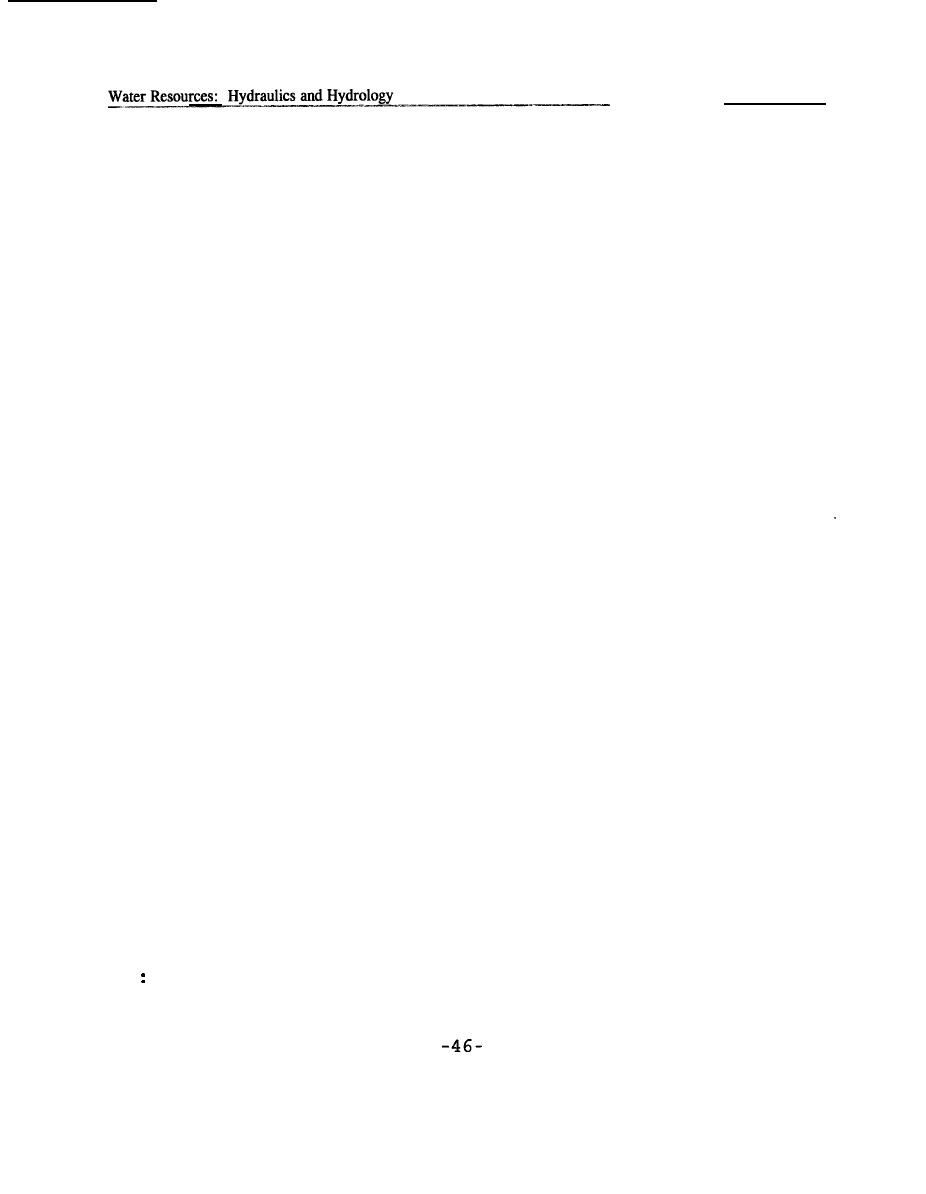
A ..
Oh, yes and no. I think that being out was more sort of vice versa, more of the
result of my wanting to observe, rather than being out developing my desire to
observe. It was just because of my analysis of the situations that I wanted to verify
things. You can sit in an office and theorize for time immemorial, but it pays to go
out and see what's going on, too.
Q ..
Okay. Let me ask you about another paper that you did for the AGU Transactions
and that was the one you did in 1940, "Predicting Headwater River Stages Directly
from Precipitation. "
A ..
That was just an empirical thing that I developed while doing those flood forecasting
procedures in Pennsylvania. What did you say the date was?
Q ..
It was 1940.
A ..
Yes, that was during the time I was in Pittsburgh. We had basins where we would
have rainfall information and river gauges, but no discharge information. So this
was rather empirical, it didn't have any scientific background. It was just, you did
this and you got certain results. There wasn't any scientific basis to it, but there
seemed to be a relationship. You could analyze it and, I guess theorize as to why
it worked, but it did help in forecasting stages in places where we didn't have any
discharge information. But it never received any notice or anything.
Q ..
All right. Let me take you to another paper. This was in Transactions of the ASCE
for 1940, and that's your paper on flood routing.
A ..
That was work. That was my official work at Knoxville.
Q ..
Okay. So that was your TVA?
A ..
There were two other joint authors on that, who were in the same branch I was in.
Q ..
So that came from your TVA work?
A
Yes.



 Previous Page
Previous Page
